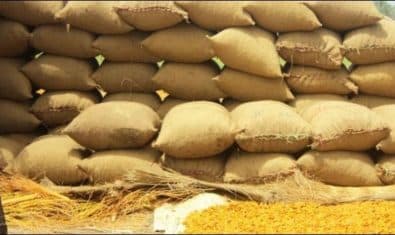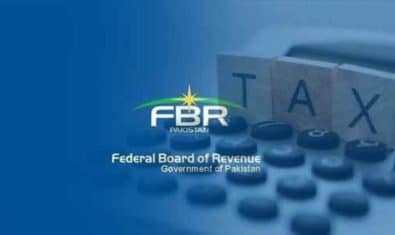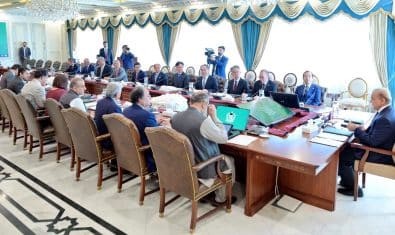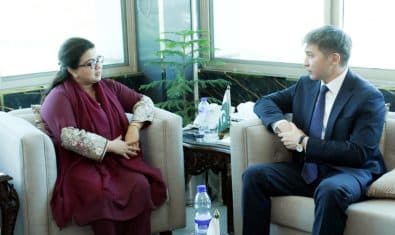The World Bank in its latest ‘Pakistan Development Update’ has recommended more taxes on the salaried class as a prelude to broadening the tax base and restoring fiscal responsibility.
Within salaried individuals, the income tax exemption threshold (<Rs. 50,000/month) is set sub-optimally high, leaving formally employed salaried individuals outside of the tax net. At the same time, the threshold (Rs. 500,000/month) for the top income tax bracket for salaried individuals is also very high and is likely to only capture a very limited number of taxpayers, the bank stated.
It explained that tax-free allowances, tax brackets, and tax rates differ significantly between salaried individuals and other taxpayers, which risks generating economic distortions and creating opportunities for tax avoidance through income shifting. In addition, a significant tax base comprising of unsalaried individuals and sole proprietors including retailers is out of the income tax net.
Also, the Corporate income tax (CIT) rates differentiate between three different regimes with different tax rates and special provisions applied to standard companies, small firms, and SMEs in the manufacturing sector.
These differentiations generate incentives for firms to split or stay small. Additionally, Pakistan provides certain firms access to a simplified turnover tax regime, which is both financially lucrative for the firms and reduces incentives for them to invest in accounting systems, business formalization, and expansion.
The CIT regime also provides for various tax incentives. These include outright tax holidays, reduced rates, credits, and exemptions granted by sector, investment type, and location. Pakistan’s thin-cap provisions only have limited coverage, opening opportunities for firms to reduce their tax liabilities.
The bank has recommended broadening the tax base by bringing individuals and individually owned businesses, including retailers, into the tax system, reducing the tax-free threshold, and simplifying the structure of the personal income tax. It has further suggested merging the tax schedules for salaried and non-salaried taxpayers to eliminate opportunities for tax arbitrage.
World Bank has also proposed removing concessional rates on sales tax on goods, limiting zero ratings, and limiting sales tax exemptions on basic food, basic public health services, and selected financial transactions.























world bank is idiot…
karlo!!
in return what we are getting for paying Taxes , Nothing . world bank should also know this
Is propakistani paying taxes?
Instead the World bank should be worried about the squandering of taxes by the govt. If free fuel, electricity, undue protocols and perks at the cost of taxpayers money are reduced, there would be no need to increase taxes. Why don’t they direct the govt to do the needful mentioned above instead of burdening the poor man constantly.
If we consider all the expenses a normal Pakistani does on things which are the responsibility of government, like transport, education, security, uninterrupted power and gas supply, road infrastructure maintenance, water supply both drinking and domestic use, and good air quality, to name some, we can see that common person pays for all this out of his own pocket. So if we consider this tax also, because we are giving tax once to get all these from govt, but due to govt. not being able to provide these, spend money on these things, it means avg. Pakistani is spending around 70% of their income as tax. Which other country in the world has a similar situation? So instead of burdening people, it is high time that govt. starts to make themselves worth the money they take as salaries.